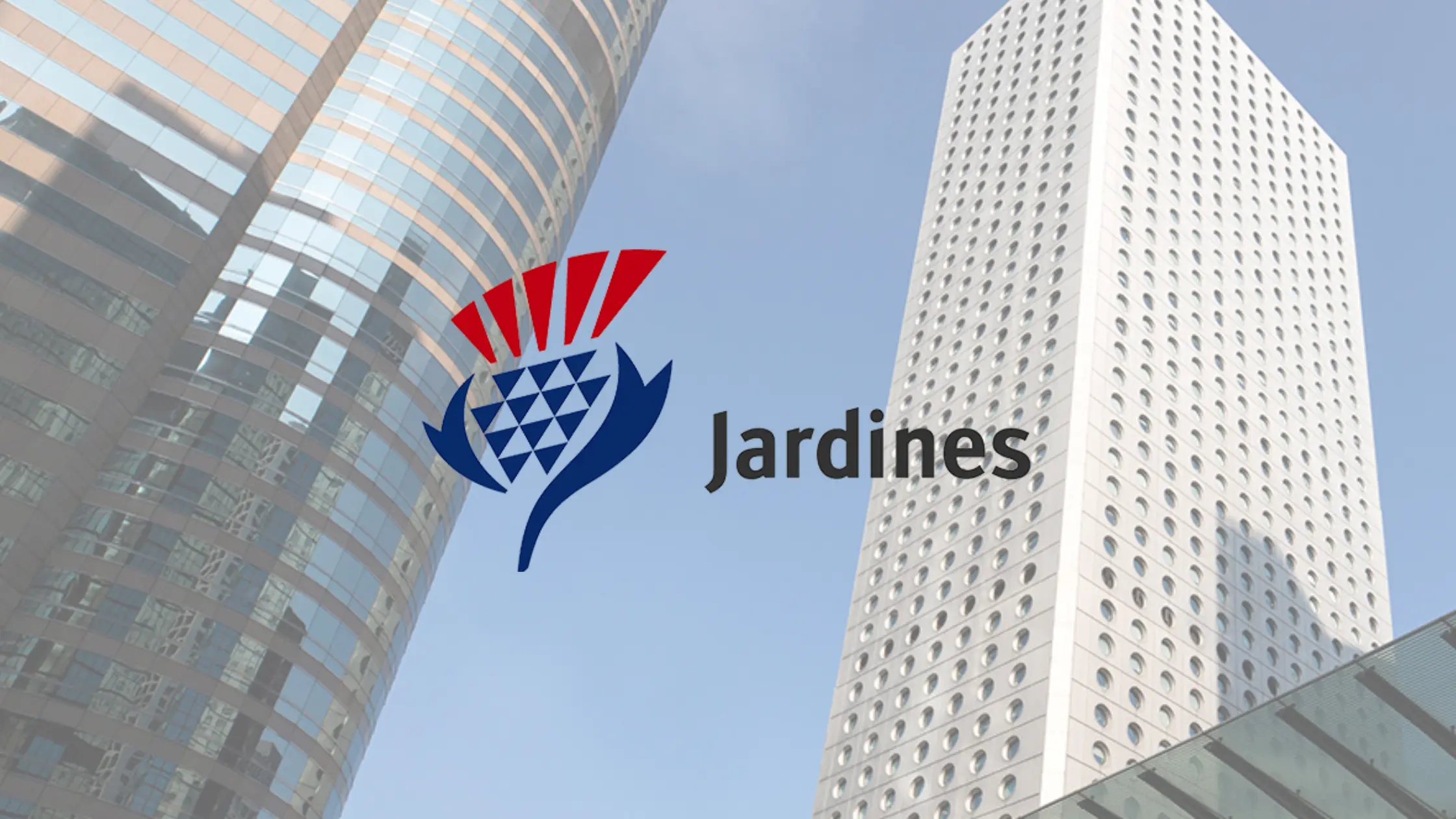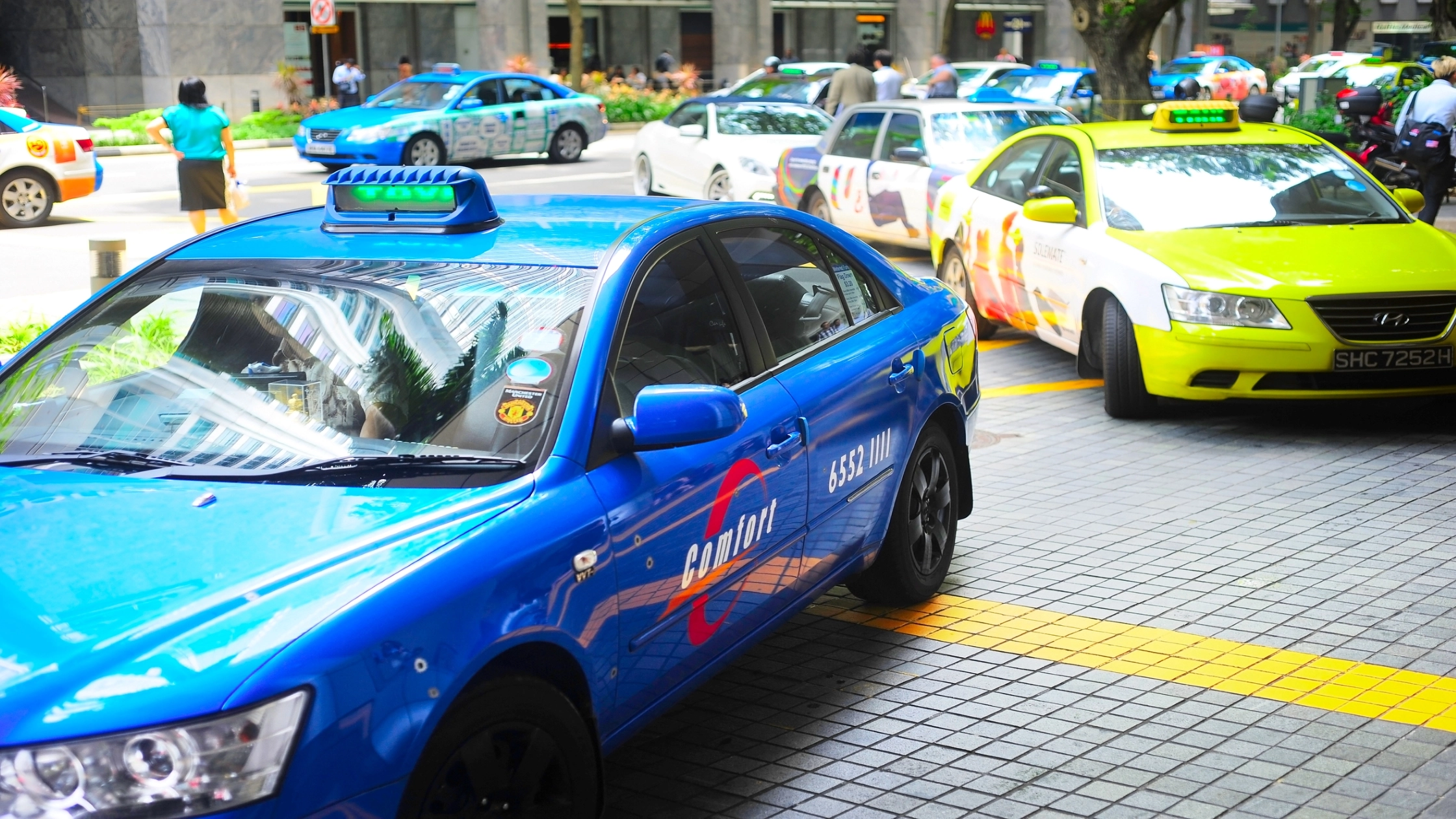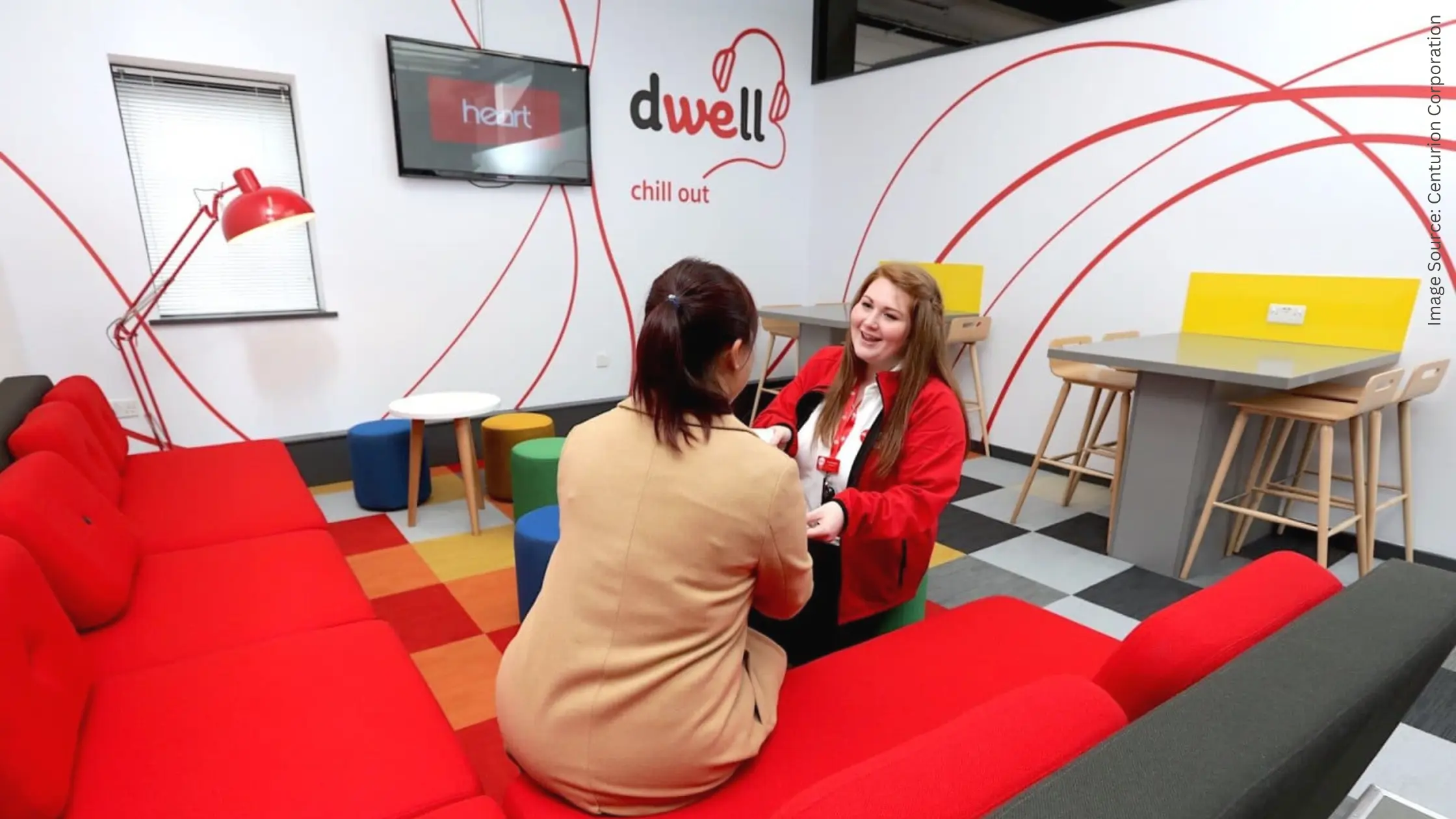5 Worst-Performing Straits Times Index Stocks Over the Past 10 Years
April 15, 2022

As investors, we tend to focus on our winning stocks and not learn the lessons we should from our losers. Similarly, when reading up on stock markets, the big winners usually get the limelight.
However, it’s also useful for us as investors to understand why the stock market’s big losers have been such poor performers over time. That way, we can avoid buying any future potential losers for our portfolios.
So, for Singapore investors, the best place to learn would be the local benchmark stock market index: Straits Times Index (STI).
Unfortunately, there have been plenty of losers – or below-par performers – over the past decade. Here are the top five worst-performing constituent stocks (on a total return basis) from the Straits Times Index over the past decade.
1. Dairy Farm International: -63.7%
Unfortunately for investors in big retailer Dairy Farm International Holdings Ltd (SGX: D01), the past decade has been pretty wretched.
That’s mainly because Dairy Farm shares have delivered a total return of -63.7% over that time frame (up to 31 March 2022).
That compares to a positive return for the STI over that period of 60.0%. So why have Dairy Farm shares had such a bad run of form?
Unsurprisingly, this underperformance was down to poor business fundamentals. While it has acquired a few large retailers in the intervening years (mainly Yonghui, a Chinese supermarket chain), Dairy Farm’s sales from its direct subsidiaries has been pretty much flat over the past decade.
Dairy Farm’s subsidiaries include directly-owned operations, such as its Cold Storage and Wellcome chain of supermarkets, Guardian and IKEA franchise.
In 2011, Dairy Farm generated US$9.1 billion in sales from these subsidiaries. In 2021, the company actually saw its sales from these subsidiaries fall slightly to US$9.02 billion.
It’s indicative of Dairy Farm’s issues, which has fallen far short of delivering a positive omnichannel retail experience for customers.
While it has a multi-year transformation plan in place, investors will have to be patient and – have faith in management – for this track record to turn around.
2. Genting Singapore: -41.5%
In second place is integrated resorts and leisure operator Genting Singapore Ltd (SGX: G13), which has delivered a total return of -41.5% over the past 10 years.
In its latest full-year 2021 earnings, Genting saw revenue of around S$1.07 billion. Back in 2011, revenue for Genting was at a whopping S$3.22 billion, almost three times as high as last year.
There, in a nutshell, is the problem. While Genting and its properties were no doubt impacted by the Covid-19 pandemic, the company has not expanded upon its main offering of Resorts World Sentosa.
Even in 2019, before Covid-19 hit, full-year revenue was at S$2.48 billion – down significantly from 2011. While it might be touted as a “recovery play” on the reopening of borders, it continues to have a poor outlook for its business over the longer term.
3. Jardine Cycle & Carriage: -26.1%
Third place for the worst-performing STI stocks over the past decade is Jardine Cycle & Carriage Ltd (SGX: C07), with a total return of -26.1% over the past 10 years.
The company is an investment holding company of Jardine Matheson Holdings Limited (SGX: J36).
Also known as Jardine C&C, the firm is focused on selling automobiles in emerging Southeast Asian markets, primarily via its listed Astra car dealership business in Indonesia.
Yet again, both stagnant revenue and underlying profits has seen Jardine C&C shares languish. In 2011, Jardine C&C saw full-year sales of US$20.08 billion and underlying profit of US$1.03 billion.
By 2021, full-year revenue for the company had fallen to US$17.69 billion and underlying profit was also down – by more than 20% – to US$786 million.
With the rise of ride-hailing firms in Indonesia, and the region, Jardine C&C just happened to be in a structurally poor sector. Unfortunately for shareholders, that doesn’t look like changing any time soon.
4. City Developments: -18.0%
In fourth place sits property developer City Developments Ltd (SGX: C09), with a -18.0% total return over the past decade.
It’s not that surprising to see a property developer in the top five given how poor the business model is with regards to sustainable income and growth.
That’s particularly true in a country such as Singapore, which has a government that regularly imposes house-cooling measures. As a result, City Developments and its financials have been consistently poor.
Back in 2011, the company generated full-year revenue of S$3.28 billion and profit before tax of S$1.13 billion.
Fast forward to today and when it released its full-year 2021 earnings, the picture was bleak: City Developments recorded just S$2.6 billion in revenue and a paltry profit before tax of S$227.7 million, down more than 75% on its 2011 number.
5. Keppel Corp: -11.4%
Finally, in fifth place is Keppel Corporation (SGX: BN4), the Singapore-based conglomerate that has interests in property, infrastructure and offshore & marine businesses.
Over the past 10 years, Keppel shares have delivered a total return of -11.4%.
During the 2010s, its offshore & marine segment was hit hard as oil prices plummeted in the middle of the decade.
While the most recent headlines earlier this year show that Keppel’s full-year net profit hit a six-year high of S$1.02 billion, back in 2011 the company’s full-year net profit was S$1.49 billion.
Its 2011 dividend per share (DPS) was 43 Singapore cents while in 2021, its full-year DPS was 33 Singapore cents – down more than 25% over the decade.
Avoid long-term losing stocks
For investors young and old alike, it’s worth remembering that we should measure the success of a company based off its business performance and fundamentals.
If we do, then the share price will reflect the business’s success (or failure) over the long term. That’s true whether you invest in STI constituent stocks or S&P 500 constituent stocks.
Over the past decade, it’s evident that Dairy Farm, Genting Singapore, Jardine C&C, City Developments and Keppel Corp have fallen short of investors’ expectations.
Disclaimer: ProsperUs Head of Content & Investment Lead Tim Phillips doesn’t own shares of any companies mentioned.

Tim Phillips
Tim, based in Singapore but from Hong Kong, caught the investing bug as a teenager and is a passionate advocate of responsible long-term investing as a great way to build wealth.
He has worked in various content roles at Schroders and the Motley Fool, with a focus on Asian stocks, but believes in buying great businesses – wherever they may be. He is also a certified SGX Academy Trainer.
In his spare time, Tim enjoys running after his two young sons, playing football and practicing yoga.







